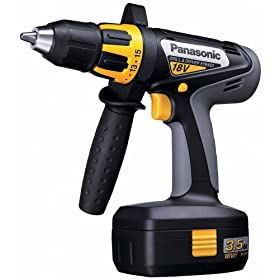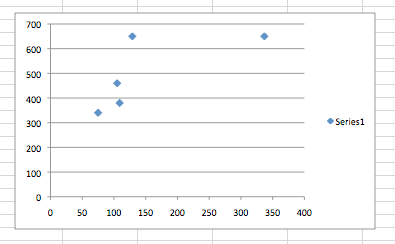cheesefood
Ask me bout homebrewtalk.
- Joined
- Aug 18, 2007
- Messages
- 45
- Reaction score
- 1
I'm in the market for a new one. I currently use a Craftsman 18v but it's a few years old and the batteries aren't holding their charge as long as they used to. I'm also noticing that I'm losing the torque I need.
I would say that I'm becoming a mid-level skilled DIY guy. My recent project is changing out the doors in my house and I've replaced 14 hollow-core doors with new prehung 6-panel pine doors. I used screws instead of nails because of the forgiving nature of screws.
Future projects are limitless and next I'll probably start working on my basement (after landscaping). So I'm thinking of going all-out and getting a higher-level drill like the Panasonic 18v Drill Driver.

It gets high reviews on Amazon (even though half of them are obviously written by a marketing company, as you can tell by the number of "contractors" who use too many loaded marketing terms) and on ConsumerSearch, Panasonic gets great reviews.
But I'd like to hear some other thoughts from people in the field. Look at the price and the reviews (but not the first couple, they're obviously fake) and let me know your thoughts.
I would say that I'm becoming a mid-level skilled DIY guy. My recent project is changing out the doors in my house and I've replaced 14 hollow-core doors with new prehung 6-panel pine doors. I used screws instead of nails because of the forgiving nature of screws.
Future projects are limitless and next I'll probably start working on my basement (after landscaping). So I'm thinking of going all-out and getting a higher-level drill like the Panasonic 18v Drill Driver.

It gets high reviews on Amazon (even though half of them are obviously written by a marketing company, as you can tell by the number of "contractors" who use too many loaded marketing terms) and on ConsumerSearch, Panasonic gets great reviews.
But I'd like to hear some other thoughts from people in the field. Look at the price and the reviews (but not the first couple, they're obviously fake) and let me know your thoughts.
Last edited by a moderator:





